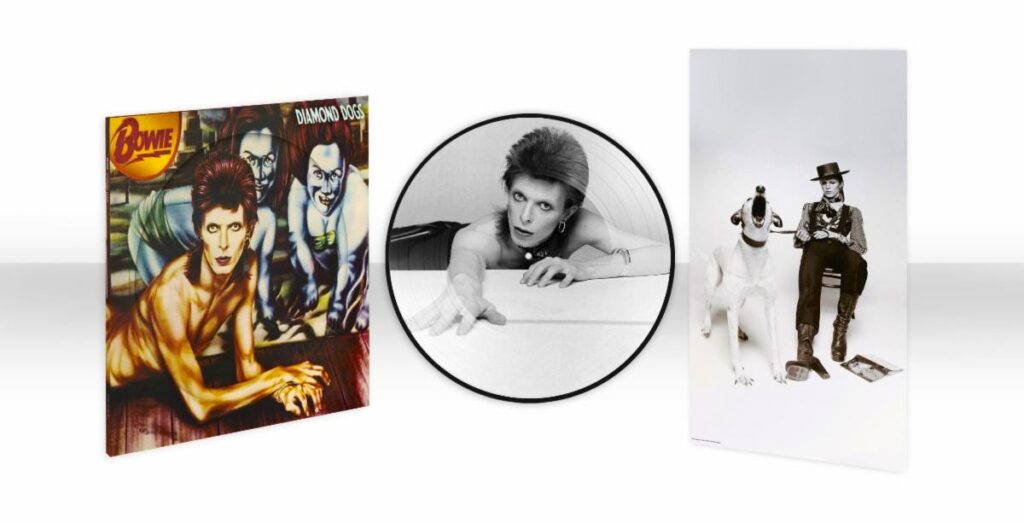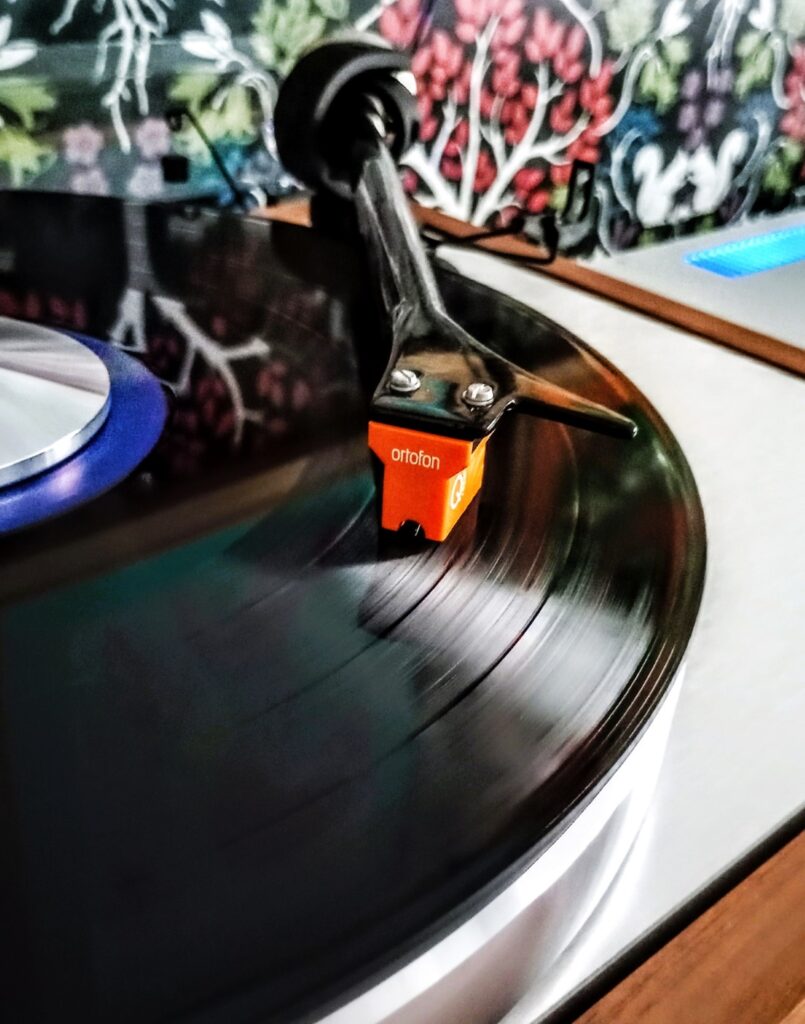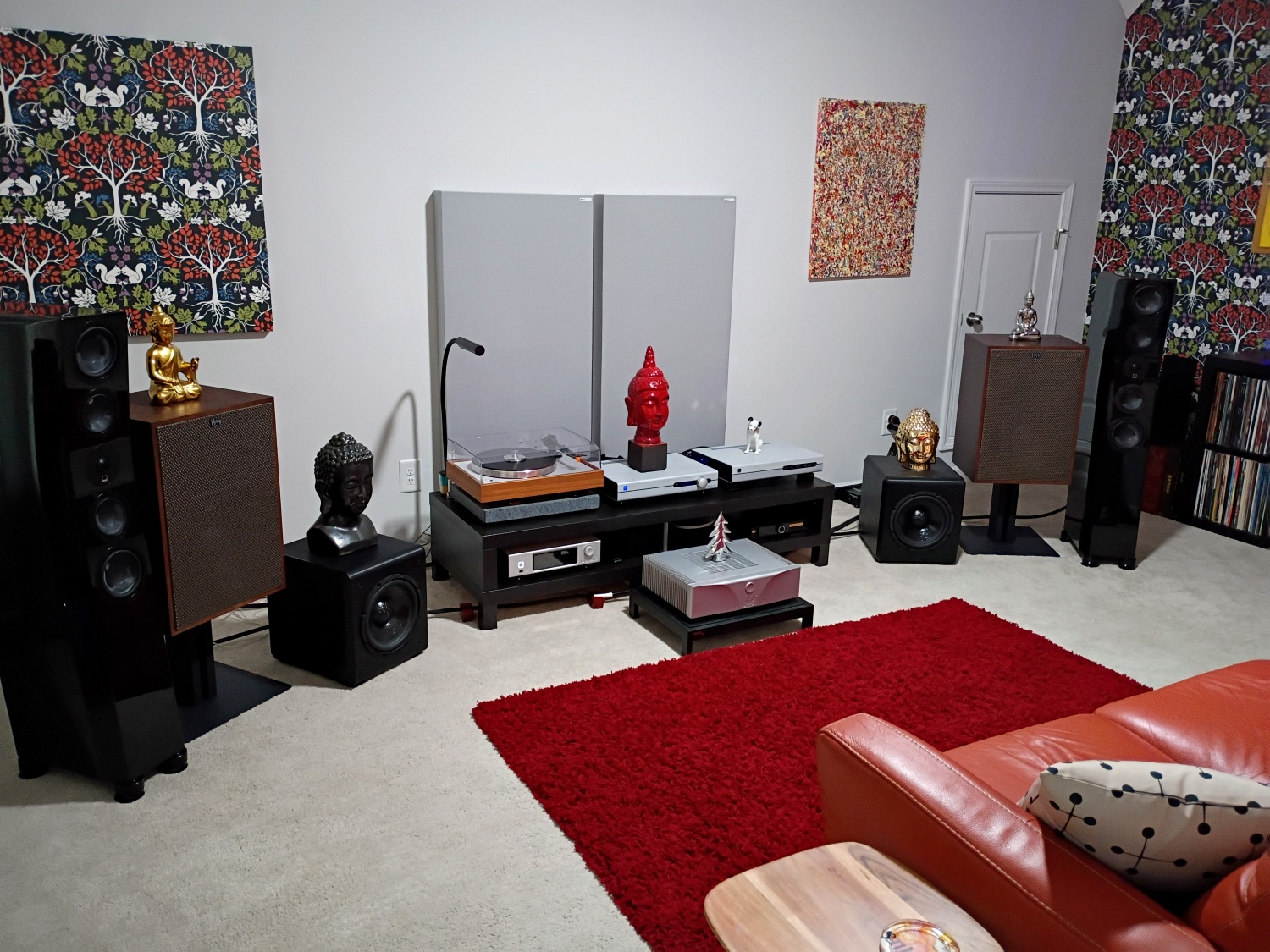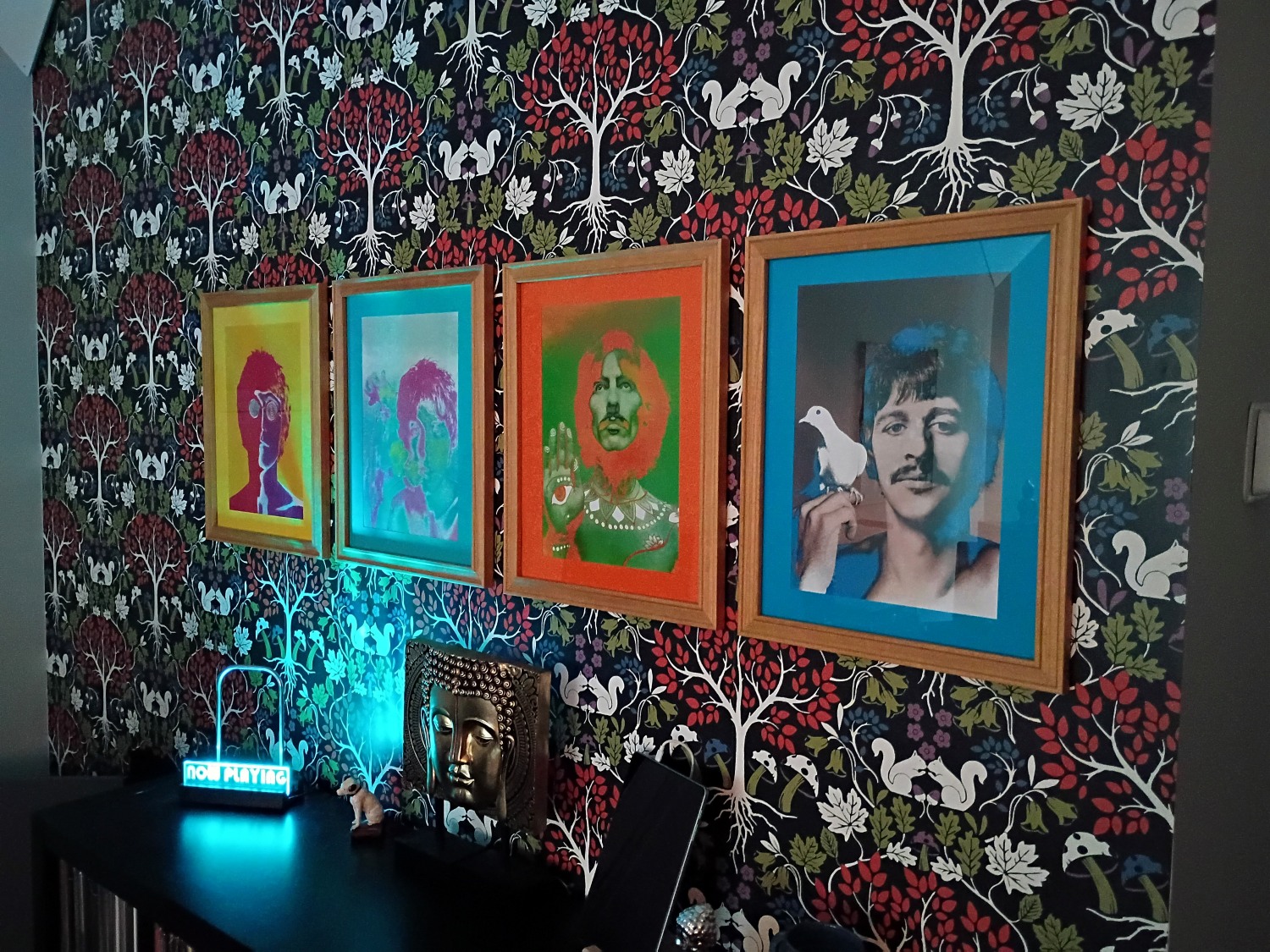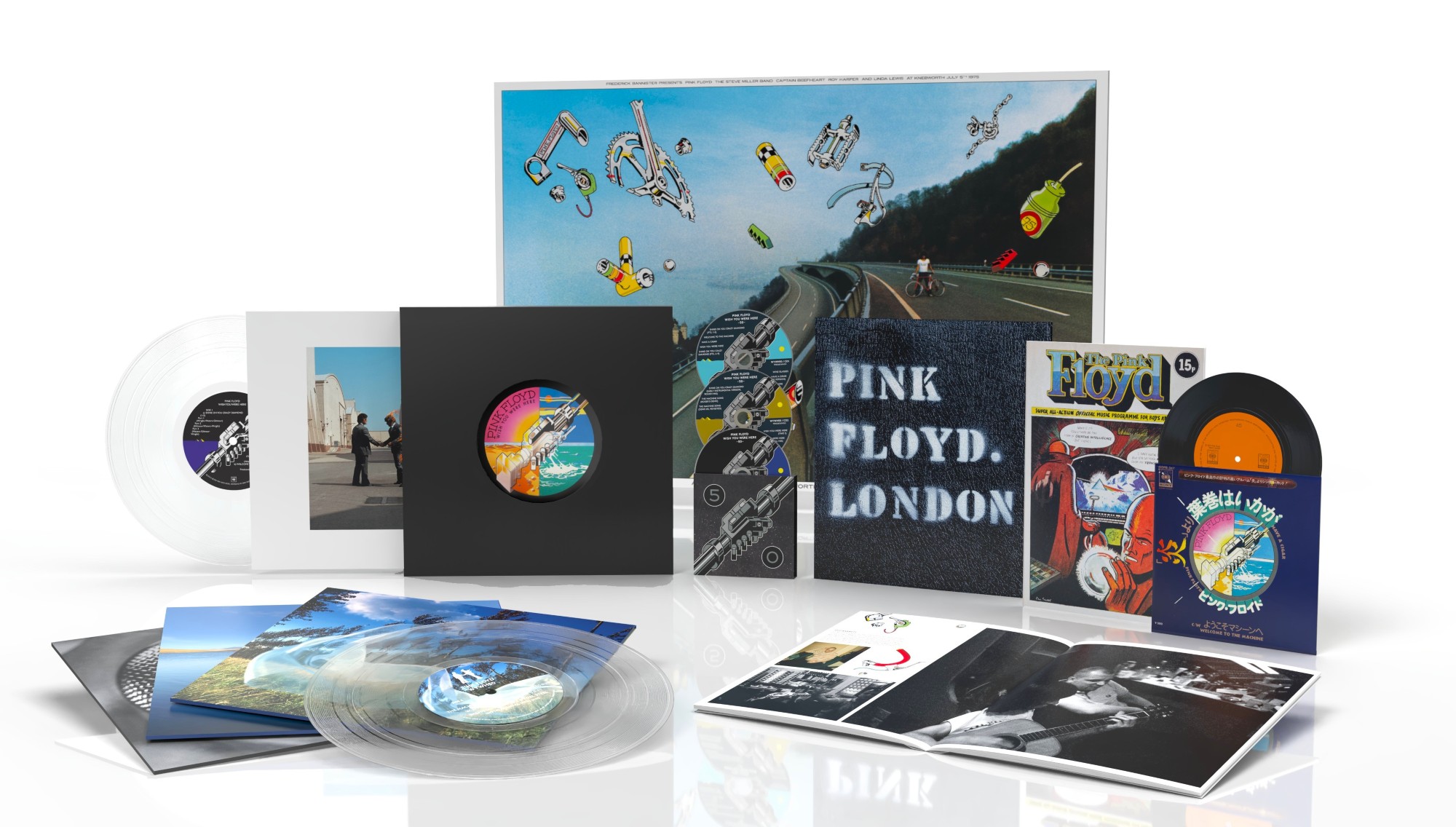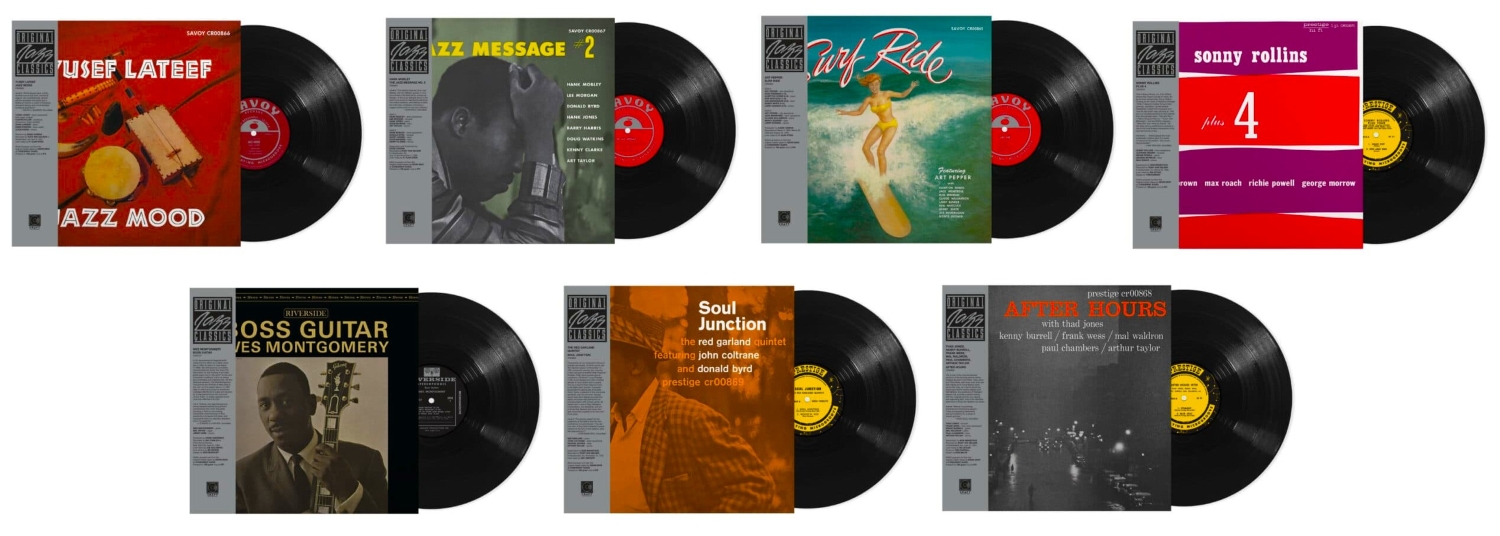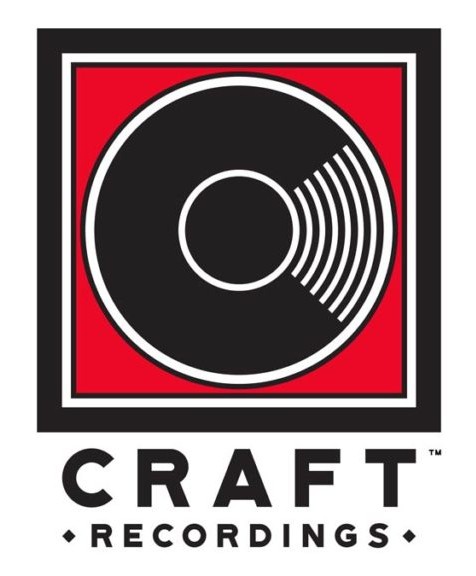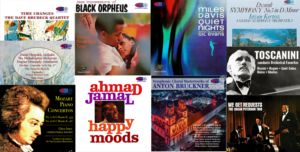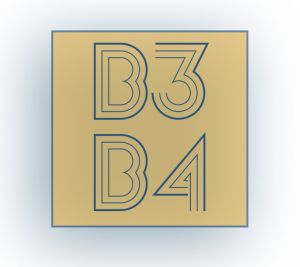Rhino Entertainment is celebrating the 50th anniversary of David Bowie's classic album Diamond Dogs with a pair of limited edition LP reissues. Which is being offered with choices of a 180 gram black vinyl LP or an exceptionally cool picture disc version that also includes a fold-out poster. My review copy of Diamond Dogs 50th Anniversary Edition arrived in the form of the 180 gram, half-speed mastered LP. John Webber cut the new lacquers for this reissue from the 24-bit/192 kHz master tapes that were part of the restoration of Bowie's catalog of albums that took place in 2015. A restored, recapped vintage Neumann VMS80 lathe was used to create the new lacquers at AIR studios in London, and no additional processing was required. The heavy album jacket features tip-on style construction, using crisp original artwork that came from RCA's vaults. The jacket features Belgian artist Guy Peellaert's originally controversial half-man, half-dog depiction of David Bowie, and also includes an OBI strip that perfectly matches and aligns with the album art, giving the reissue a very distinctive appearance. The LP arrived encased in a black paper inner sleeve that was lined with rice paper; the rice paper sleeves are always a nice touch for any LP, and help ensure that the album is free of paper dust, static buildup, and scratches during playback. The entire package was manufactured in Germany, and the 180 gram black LP version was pressed at Optimal. You can order a copy of Diamond Dogs 50th Anniversary Edition directly from Rhino's web store HERE, but it's also available from a multitude of online sources or at your local independent record store.
David Bowie, Diamond Dogs 50th Anniversary Edition, (1) 180 Gram Parlophone LP, $24.98 MSRP
Diamond Dogs was Bowie's eighth studio album, and was released in May, 1974 on RCA. It was the follow-up to Pin Ups, the campy album of cover tunes that served as an homage to Bowie's earliest musical influences. Pin Ups was also Bowie's last record to feature guitarist Mick Ronson and bassist Trevor Bolder from the classic Spiders From Mars lineup, but those sessions also included Ansley Dunbar behind the drum kit, as well as Mike Garson on keyboards, who'd also appeared on the Ziggy Stardust and the Spiders From Mars tour. Bowie retained both Dunbar and Garson for the Diamond Dogs sessions, adding Herbie Flowers on bass, along with Tony Newman, who shared drum credits with Ansley Dunbar. For the first time in years, Bowie chose not to employ a session guitar ace for the duration of the recordings, and handled lead and rhythm guitar chores on all the album's tunes with the exception of "Rebel, Rebel" and "1984," which featured guitarist Alan Parker. Diamond Dogs was recorded mostly at Trident and Olympic studios in January and February 1974; David Bowie produced the album, which was recorded by Keith Harwood and mixed by Bowie, Harwood, and Tony Visconti. Diamond Dogs reached the number one slot on the UK Billboard album charts, but only peaked at number five in the US while reaching Gold sales levels in both markets.
David Bowie adored the writings of George Orwell and William S. Burroughs, and had been pursuing adaptations of both Orwell's 1984 and Burroughs' The Wild Boys for the London stage. Neither of which came to fruition, as he was unable to secure the rights for either work. Bowie had also worked unsuccessfully on mounting a musical stage production of Ziggy Stardust, and had written the songs "Rebel, Rebel" and "Rock 'n' Roll With Me" especially for that show, both of which he culled for his new album. Elements of all three projects were entwined into Diamond Dogs, which was infused with a mix of styles, including proto-punk and glam, along with elements of funk and soul, with a particular focus on the post-apocalyptic themes of Burroughs and Orwell. While stylistically, the last album of Bowie's glam rock period, the tour that Bowie envisioned for Diamond Dogs would be the final that contained elements of his Ziggy Stardust persona, and would become his most ambitious and elaborate stage production ever. The Diamond Dogs tour was documented by the double LP David Live (1974) and the documentary Cracked Actor, which has never been officially released on video.
Diamond Dogs is generally seen less as a continuation of Ziggy Stardust and more as a precursor to his "Thin White Duke" persona, and despite Bowie's continuing glam rock presence, most of the album's concepts are fairly bleak. Side one opens with "Future Legend," a spoken narrative where Bowie sets the apocalyptic stage and concludes with the dramatic proclamation "This ain't rock'n'roll—this is genocide!" It segues into the title track, "Diamond Dogs," where the diamond dogs are feral youths that tear about the town, terrorizing the corpse-strewn streets of the city. "Sweet Thing/Candidate/Sweet Thing (Reprise)" is a medley that finds Bowie spinning tales of debauchery, decadence, and sexual excess, while also pondering the insincerity of his own onstage image. The memorable chord sequence of "Sweet Thing" provides one of side one's definite highlights; I'm actually shocked that it didn't get any airplay during Diamond Dogs' initial release. The closer, "Rebel, Rebel," is one of Bowie's most classic tunes and was the lead single; it was released well in advance of the album, and its rapid sales fueled the public's hysteria for the album for months. Guitarist Alan Parker is credited with creating the song's classic guitar refrain.
"Rock 'n' Roll With Me," the second song Bowie had written for the Ziggy Stardust musical, kicks off side two, and is one of Diamond Dogs' finest moments, presaging his transition into the kind of "Philly Soul" direction he'd head down in this record's studio follow-up, Young Americans. "We Are the Dead" slows things down with a more keyboard-oriented direction, and explores the complex relationship of the main characters from Orwell's 1984. The harrowing intro to "1984" builds the song into one of the album's most intense and cinematic moments, and offers a glimpse of how powerful Bowie's reimagining of Orwell's classic novel might have been. "Big Brother" provides another dose of Orwellian hopelessness, and segues into "Chant of the Ever Circling Skeletal Family." Which on the original, first-edition LP pressing, employed a stuck-needle effect in the lead-out groove, where the word "Brother" was repeated endlessly until you got up to lift the needle from the record. That must have been quite the surprise back in the day!
Listening Results
You can see the components in my dual audio systems by clicking my name in the header. I used my all-analog system to evaluate Rhino's new 180 gram LP reissue of Diamond Dogs. It's been revamped with a new pair of standmount compact monitor loudspeakers, the Vanguard Scouts, which are in the same vein as classic British designs like the LS3/5A's, and are running in tandem with a Caldera 10 subwoofer. That setup also incorporates the excellent PS Audio Stellar phono preamp, and everything is powered by my PrimaLuna EVO 300 tube integrated amplifier. Which was recently upgraded with a matched quad of premium Sovtek 6550 power tubes and a matched pair of Apos RAY 12AU7 input tubes. As usual, playback of the LPs was handled by my ProJect Classic EVO turntable that's mounted with an Ortofon Quintet Bronze MC cartridge. The new tubes have upped my analog playback with a lush and powerful sound that's a perfect match for the new complement of loudspeakers.
Optimal's LP pressing was perfectly flat and centered, and featured beautifully glossy surfaces that displayed no surface or groove noise. With the new tubes in the system, playback was exceptionally dynamic, and presented a thrillingly realistic impression of Bowie and his band live in my listening room. Despite being a huge Bowie fan, I'd never owned an LP copy of Diamond Dogs, but Parlophone and John Webber have done an impressive job with the new transfers. There's an openness and clarity in the sound that leaps from the new LP, with the kind of naturalness that I don't hear from my original Bowie LPs on the RCA label. David Bowie was apparently really impressed with engineer Keith Harwood's work with The Rolling Stones, and was excited to have him working on his new album—and you can hear Harwood's excellent work through this reissue of Diamond Dogs in spades. If I had any doubts at all about the restoration of Bowie's catalog that used 24/192 digital transfers, the stunningly good sound quality of the recent group of LP reissues pressed by Optimal has definitely won me over!
Final Thoughts
Diamond Dogs came at a period of transition for David Bowie; it serves as the epilogue to his glam rock period, while presaging the "Philly Soul" yet to come in Young Americans and the "Thin White Duke" persona of Station to Station that would soon lead to his "Berlin" period. Despite those seemingly disparate elements, it remains one of the most fully-formed albums in his catalog; the persona he presented on Diamond Dogs also proved to be highly influential to the emerging punk and later goth movements. And Bowie really stepped up his game in terms of his guitar playing, which is uniformly superb throughout, even though the critics initially complained about the absence of a Mick Ronson or his like on many of the songs. Of course, Bowie rectified that on his next group of releases, with Earl Slick providing the superb guitar work on David Live, which documented the US leg of the Diamond Dogs tour. And both Earl Slick and Carlos Alomar would appear on Young Americans and Station to Station, with Alomar and Robert Fripp becoming Bowie's guitarists de jour throughout much of his legendary Berlin period.
Rhino's new reissue of Diamond Dogs is superb in every respect, and it's great to hear these songs again in their fully-realized original context. Diamond Dogs 50th Anniversary Edition has been in heavy rotation here since its arrival, and comes very highly recommended!
Rhino Entertainment
All images courtesy of Rhino Entertainment and the author




